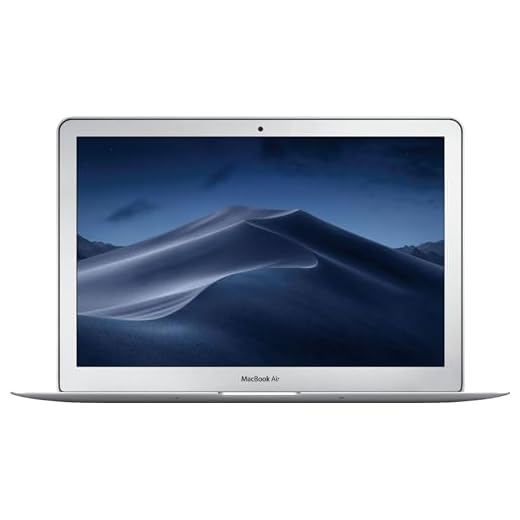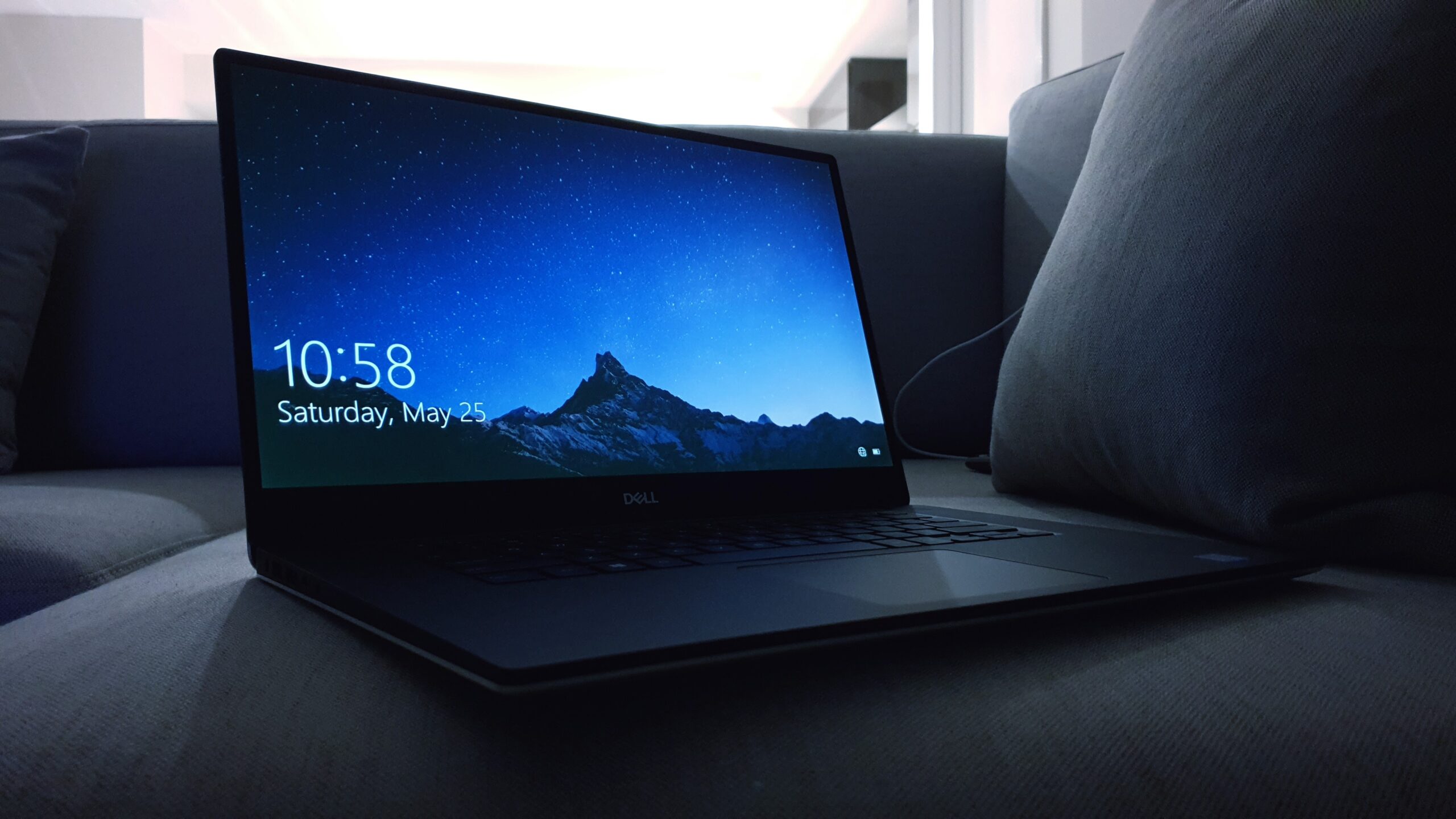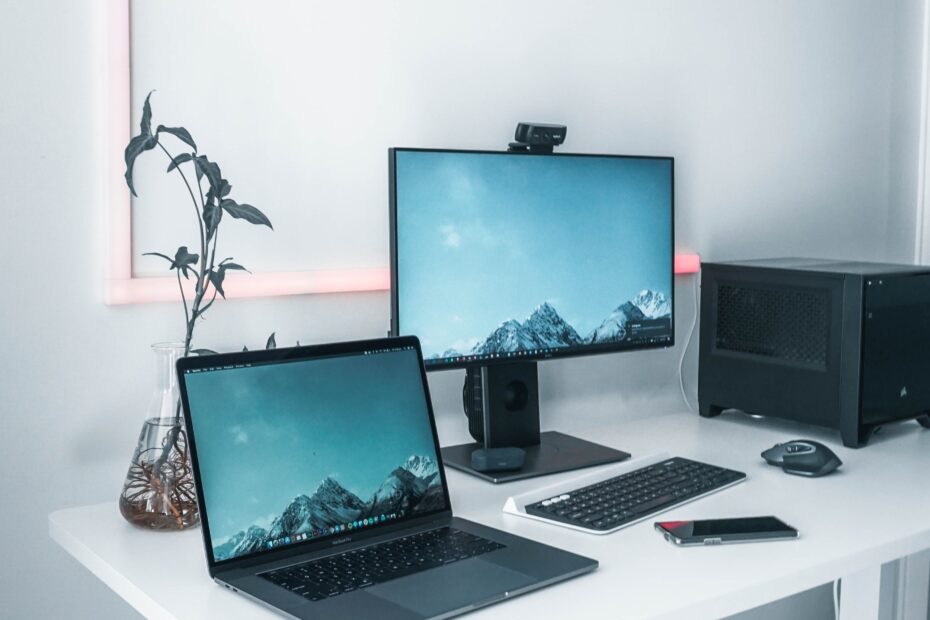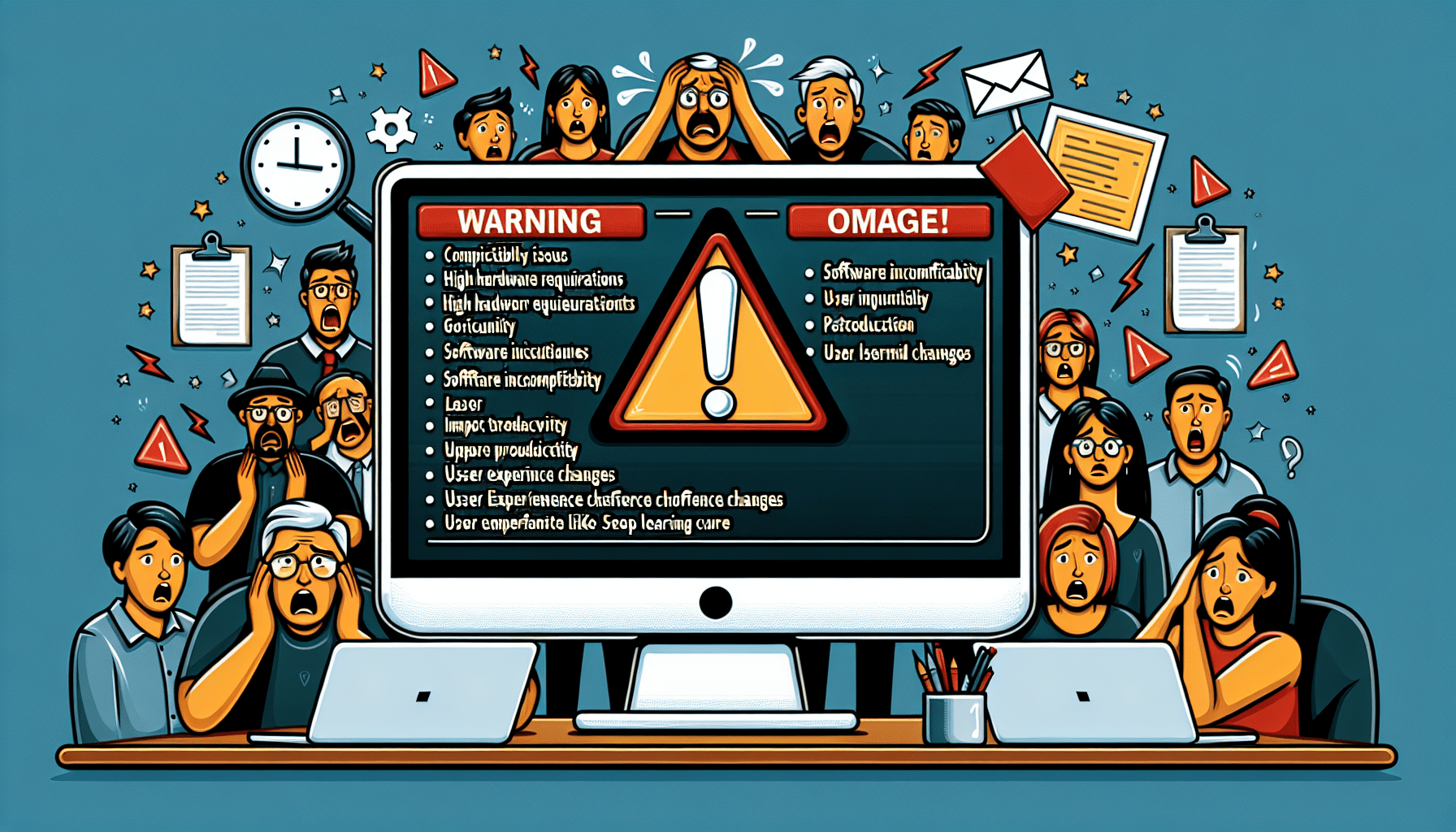







In the world of technology, the debate between buying refurbished or used laptops and their reliability is a common one. It’s only natural to wonder if these discounted options are risky investments. After all, no one wants to spend their hard-earned money on a device that might break down after a few months. In this article, we’ll explore the pros and cons of purchasing refurbished or used laptops, providing you with the information you need to make an informed decision.

Understanding the Terms: Used and Refurbished Laptops
Defining used laptops
Used laptops are devices that have been previously owned and used by one or more individuals. These laptops may have signs of wear and tear, such as scratches or dents, but they are in functional condition. Used laptops are typically sold as-is, without any repairs or refurbishments.
Defining refurbished laptops
Refurbished laptops, on the other hand, are devices that have been returned to the manufacturer or a certified refurbisher for inspection, cleaning, and repairs. These laptops may have had faulty or damaged components replaced, and they undergo rigorous testing before being resold. Refurbished laptops are often restored to a like-new condition, both in terms of functionality and appearance.
Differences between used and refurbished laptops
The main difference between used and refurbished laptops lies in the level of reconditioning they undergo. Used laptops are sold in the condition they are received, while refurbished laptops undergo a comprehensive refurbishment process to ensure they meet the manufacturer’s standards. Refurbished laptops are typically more reliable and come with some level of warranty or guarantee, whereas used laptops may have a higher risk of potential issues due to their previous usage.
Why People Buy Used or Refurbished Laptops
Affordability factor
One of the primary reasons why people opt for used or refurbished laptops is affordability. These devices often come at a significantly lower price compared to new laptops, allowing individuals on a tight budget to own a decent computer without breaking the bank. This affordability factor makes used and refurbished laptops attractive options for students, freelancers, or anyone looking to save money while still having a functional laptop.
Environmental responsibility
Another factor that influences people’s decision to buy used or refurbished laptops is environmental responsibility. By purchasing a pre-owned device instead of a new one, individuals are reducing the demand for new electronic products. This helps in reducing electronic waste and the carbon footprint associated with the manufacturing and disposal processes of new laptops. Buying used or refurbished laptops is a more sustainable choice and contributes positively to the environment.
Possibility of higher-end configurations for less money
Used and refurbished laptops offer the opportunity to own higher-end configurations at a fraction of the cost. Laptops with powerful processors, ample storage, and high-quality graphics cards can be quite expensive when purchased new. However, by opting for a used or refurbished laptop, individuals can often find models with these higher-end specifications at a more affordable price. This means that even on a limited budget, you can obtain a laptop that meets your specific performance needs without compromising on quality.
Common Risks Associated with Used Laptops
Potential for hidden damages
One of the most significant risks when purchasing a used laptop is the potential for hidden damages. Since these devices have had previous owners, there may be internal issues that are not immediately apparent. Components such as the motherboard, hard drive, or display could have underlying problems that may only become noticeable after a period of use. In some cases, these hidden damages may require costly repairs, potentially negating the initial cost savings of buying a used laptop.
Unknown laptop history
When buying a used laptop, you typically have limited knowledge about its history. You may not know how the previous owner treated the device, whether it was regularly maintained, or if it experienced any significant accidents or falls. This lack of information can increase the likelihood of encountering unexpected issues or failures down the line. Without a clear understanding of the laptop’s history, you may be taking on additional risk by purchasing a used device.
Shorter lifespan
Used laptops generally have a shorter expected lifespan compared to new ones. The internal components of a laptop, such as the battery, can degrade over time and usage. When buying a used laptop, there is a higher chance that these components have already gone through a significant portion of their life cycle. This means you may experience a shorter overall lifespan for the device, potentially requiring you to invest in a replacement sooner than if you had purchased a new laptop.
Limited or no warranties
Another risk associated with buying used laptops is the lack of warranties. Unlike new laptops that often come with manufacturer warranties, used laptops are typically sold as-is, without any warranties or guarantees. This leaves you responsible for any repairs or replacements that may be necessary, potentially adding unexpected costs if the laptop encounters any issues. The absence of a warranty can be a significant drawback for those seeking assurance and protection for their purchase.
Advantages and Disadvantages of Refurbished Laptops
Comes with some level of warranty or guarantee
Unlike used laptops, refurbished laptops typically come with at least some level of warranty or guarantee. Manufacturers and certified refurbishers often provide a limited warranty that covers the device for a specific period after purchase. This added protection provides peace of mind, as it assures you that if anything goes wrong with the laptop within the warranty period, you can rely on the seller for repairs or replacements. The presence of a warranty is a significant advantage of buying refurbished laptops over used ones.
Has been inspected, cleaned, and repaired
Refurbished laptops undergo a thorough inspection, cleaning, and repair process before they are put up for resale. Certified refurbishers aim to restore these devices to a like-new condition, addressing any underlying issues or faults that may have existed. This process ensures that the laptop is in full working order and free from defects. By purchasing a refurbished laptop, you can be more confident in its reliability and usability compared to a used laptop.
May not include original packaging or manuals
One potential disadvantage of refurbished laptops is that they may not include the original packaging or manuals. Since these devices have been previously owned and returned, they are often repackaged in generic or recycled packaging. Additionally, the original manuals or documentation may be missing. While this may not have a significant impact on the functionality of the laptop, some users prefer having the original packaging and documentation for a more complete ownership experience.
Potential for minor cosmetic damages
Refurbished laptops may have minor cosmetic damages, such as scratches or dents, due to their previous use. When undergoing the refurbishment process, the focus is primarily on restoring the laptop’s functionality rather than its appearance. While these cosmetic damages do not affect the performance of the device, they may be noticeable and could potentially bother users who prefer a pristine-looking laptop.

The Question of Reliability: Do Used and Refurbished Measure Up?
Performance comparison with new laptops
When it comes to performance, both used and refurbished laptops can measure up to new laptops, depending on factors such as the laptop’s specifications, age, and condition. A well-maintained used laptop with decent specifications can provide satisfactory performance for everyday computing tasks such as web browsing, document editing, and multimedia consumption. Similarly, a properly refurbished laptop can deliver comparable performance to a new device, thanks to the replacement of faulty components and rigorous testing.
The role of laptop brand in reliability
The brand of the laptop can play a significant role in determining its reliability, whether it is used or refurbished. Certain well-established laptop brands have a reputation for producing high-quality and reliable devices. By opting for a laptop from a trusted brand, you can increase the chances of owning a reliable device, whether it is new, used, or refurbished. However, it is essential to note that even reputable brands may produce models with occasional issues or defects, so it’s crucial to consider other factors as well.
Impact of previous usage on current performance
The impact of previous usage on the current performance of a used or refurbished laptop can vary. For used laptops, excessive and demanding usage by previous owners may have led to higher wear and tear on the internal components, potentially affecting performance. Refurbished laptops, on the other hand, undergo a refurbishment process aimed at addressing any issues that may have arisen from previous usage, ensuring optimal performance. The impact of previous usage on current performance ultimately depends on the specific laptop’s condition and the thoroughness of the refurbishment process.
Reliability Concerns Specifically with Used Laptops
Lack of documentation and history
One of the primary reliability concerns with used laptops is the lack of documentation and history. Without access to detailed records or information about how the device was used and maintained by previous owners, it can be challenging to assess its overall reliability. Additionally, the absence of documentation makes it difficult to determine if the laptop has undergone any significant repairs or had faulty components replaced. This lack of information can make it riskier to rely on a used laptop for critical tasks without proper knowledge of its history.
Risks of hardware failure
Used laptops have a higher risk of hardware failure compared to new or refurbished laptops. Due to the laptop’s previous usage, internal components may experience increased wear and tear, potentially leading to failures or malfunctions. The battery, in particular, is susceptible to degradation over time, and a used laptop may have reduced battery life compared to a new one. Additionally, other components such as the hard drive, cooling system, or keyboard may also be prone to failure due to their previous extensive use.
Potential presence of malicious software
When purchasing a used laptop, there is a risk of potential malicious software or malware present on the device. Previous owners may not have properly protected the laptop from viruses or other security threats, making it more susceptible to infections. This could compromise your personal data or result in the laptop functioning improperly. It is crucial to thoroughly scan and secure a used laptop before connecting to the internet or using it for sensitive tasks, to minimize the risk of potential malware and ensure your security.

Reliability Concerns Specifically with Refurbished Laptops
Quality of refurbishment process
The reliability of refurbished laptops heavily depends on the quality of the refurbishment process. While certified refurbishers aim to thoroughly inspect, clean, and repair these devices, the attention to detail and standards can vary. Some refurbishers may prioritize performance and functionality over minor cosmetic issues, while others may focus on restoring the laptop to its original appearance as well. It is essential to research and consider the reputation and reliability of the specific refurbisher when purchasing a refurbished laptop to ensure a high-quality refurbishment process.
Replacing faulty components vs. resolving underlying issues
Refurbished laptops may have previously encountered issues or malfunctions that prompted their return and refurbishment. While certified refurbishers typically replace faulty components during the refurbishment process, there is a possibility that underlying issues are not fully resolved. This means that even though the laptop may seem to be functioning properly at the time of purchase, there may still be potential issues that could arise in the future. Understanding the extent of the refurbishment process and any potential limitations is crucial in assessing the overall reliability of a refurbished laptop.
How reliable are factory vs. seller refurbished laptops?
Factory refurbished laptops are those that have been returned to the original manufacturer and refurbished directly by them. These laptops generally undergo a more rigorous refurbishment process and tend to have a higher level of reliability compared to seller-refurbished laptops. Seller-refurbished laptops, on the other hand, are refurbished by independent refurbishers or individual sellers. While some seller-refurbished laptops may be of high quality and reliability, there is a greater variability in the refurbishment standards and practices. It is essential to research the specific seller and ascertain their reputation for refurbishing laptops before making a purchase decision.
Determining Factors for Making a Purchase Decision
Knowing your needs and budget
When considering whether to purchase a used or refurbished laptop, it is crucial to assess your specific needs and budget. Determine the purpose for which you require the laptop and the necessary specifications accordingly. If you have a limited budget, a used or refurbished laptop may be more suitable, as it allows you to obtain a decent device at a lower cost. However, if performance and reliability are paramount, and you have the financial flexibility, investing in a new laptop might be the better option.
Evaluating the reliability of the seller
Regardless of whether you choose a used or refurbished laptop, it is essential to evaluate the reliability of the seller. Research the seller’s reputation, read customer reviews, and consider their return and warranty policies. Opt for sellers who have a track record of providing quality products and reliable customer service. By purchasing from a reputable seller, you can minimize the risks associated with buying a used or refurbished laptop and increase the likelihood of a satisfactory experience.
Ascertaining the warranty or return policy
Carefully review the warranty or return policy offered by the seller before making a purchase. Determine the duration and coverage of the warranty, and understand the terms and conditions involved. A comprehensive warranty can provide you with the necessary protection and reassurance, particularly in the case of refurbished laptops. If the seller does not offer any warranty or return policy, it is crucial to weigh the associated risks carefully and consider whether the potential cost savings outweigh the lack of protection.
Tips for Buying a Reliable Used or Refurbished Laptop
Where to buy
When buying a used or refurbished laptop, it is important to choose the right source. Consider reputable online marketplaces, certified refurbishers, or authorized retailers. These sources tend to have a higher level of quality control and often offer warranties or guarantees. Buying from individual sellers or lesser-known platforms can be riskier, as there may be a lack of vetting or assurance regarding the laptop’s condition or reliability.
What to check for
When inspecting a used or refurbished laptop, there are several key areas to check for potential issues. Begin by examining the physical condition, looking for any visible signs of damage or wear. Test the display, keyboard, and touchpad functionality to ensure they are working correctly. Check the battery health and ask for information on its expected lifespan. Inquire about the laptop’s specifications, age, and any repairs or replacements that have been made. Finally, scan the laptop for any malware or viruses to ensure it is safe and secure.
Potential red flags
When considering a used or refurbished laptop, it is essential to be aware of potential red flags that may indicate a higher risk of unreliability. Be cautious if the price seems too good to be true, as this could be an indication of a hidden issue or a scam. Additionally, if the seller is reluctant to provide detailed information about the laptop’s condition or history, it may be a sign that they are trying to hide potential problems. Trust your instincts and if something feels off, it is better to explore other options.
Securing a good warranty
When purchasing a used or refurbished laptop, securing a good warranty is crucial. Ensure that the seller offers a warranty or guarantee that covers a sufficient period, such as 90 days to a year, depending on the laptop’s age and condition. Carefully read and understand the terms and restrictions of the warranty, including any coverage limits or deductibles. A comprehensive warranty can provide you with peace of mind and protect your investment in case any issues arise.
Conclusion: Is Buying Used or Refurbished Laptops Risky?
Weighing the benefits and risks
The decision to buy a used or refurbished laptop ultimately requires weighing the benefits against the risks. Used laptops offer affordability at the expense of potential hidden damages, a shorter lifespan, and limited warranties. Refurbished laptops, on the other hand, provide some level of warranty, have undergone inspection and repairs, but may lack original packaging or have minor cosmetic damages. It is crucial to assess your priorities, budget, and tolerance for potential risks before making a purchase decision.
The importance of doing your research
Regardless of whether you decide to buy a used or refurbished laptop, conducting extensive research is of utmost importance. Research the seller, refurbisher, or platform from which you plan to make the purchase. Read customer reviews, compare prices, and evaluate the warranty or return policy. By gathering as much information as possible, you can make a more informed decision and reduce the likelihood of encountering significant issues or disappointments.
The final verdict – is it worth the risk?
Buying used or refurbished laptops can be a viable and cost-effective option for many individuals, especially those on a limited budget. While there are inherent risks associated with these purchases, proper research, evaluation of the seller, and securing a good warranty can help mitigate these risks. With careful consideration and understanding of the potential benefits and drawbacks, buying used or refurbished laptops can be a reliable and worthwhile investment, providing you with a functional device that meets your needs without breaking the bank.





